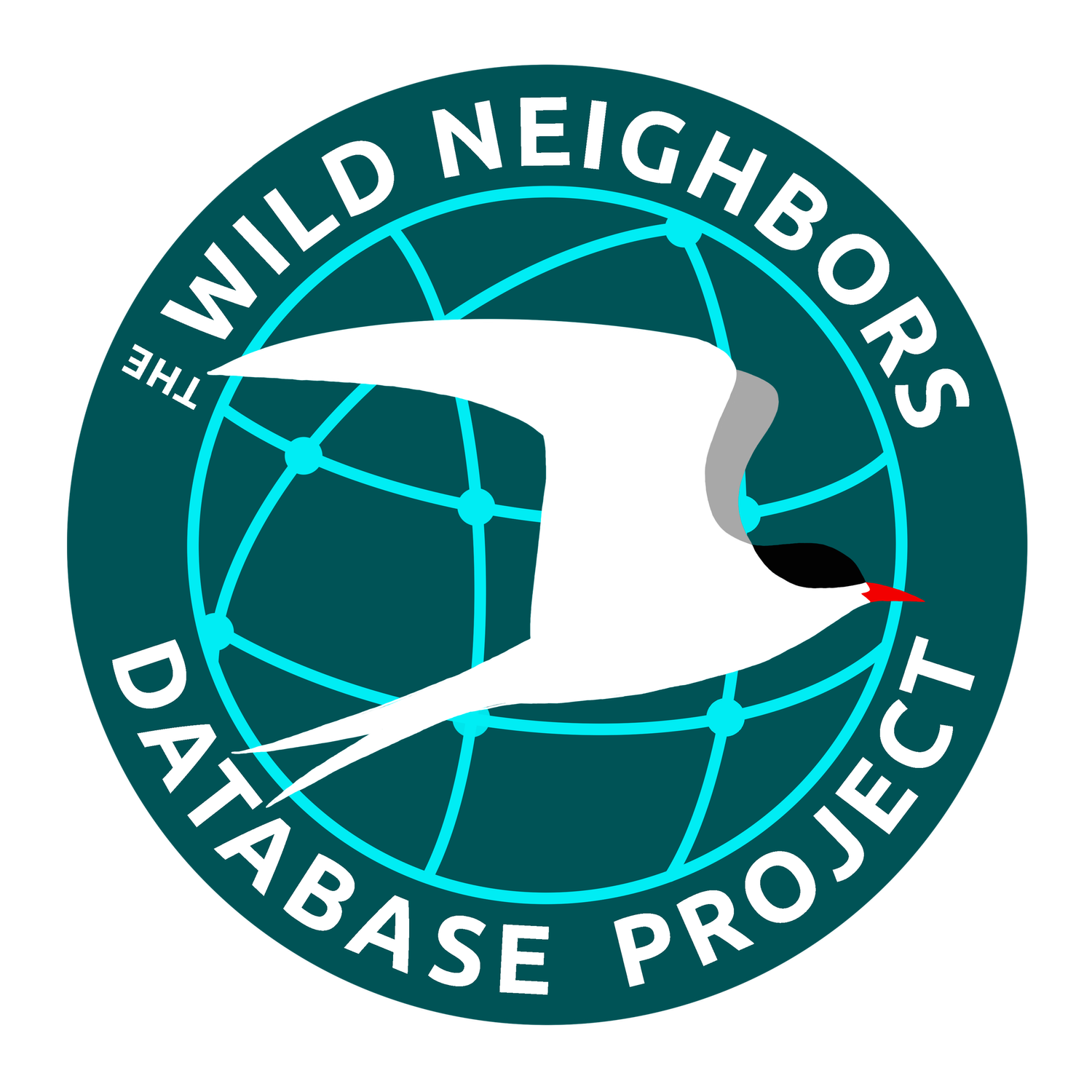Stories and Updates
Explore our posts for updates on our projects and team. We aim for this page to be a valuable source of information; providing you with in-depth tutorials and behind-the-scenes glimpses into our work; as well as a retrospective look at our journey thus far.

We're Updating Our WRMD Terms of Service
We made changes to our Terms of Service and Privacy Policy and we'd like to share those changes with you.



